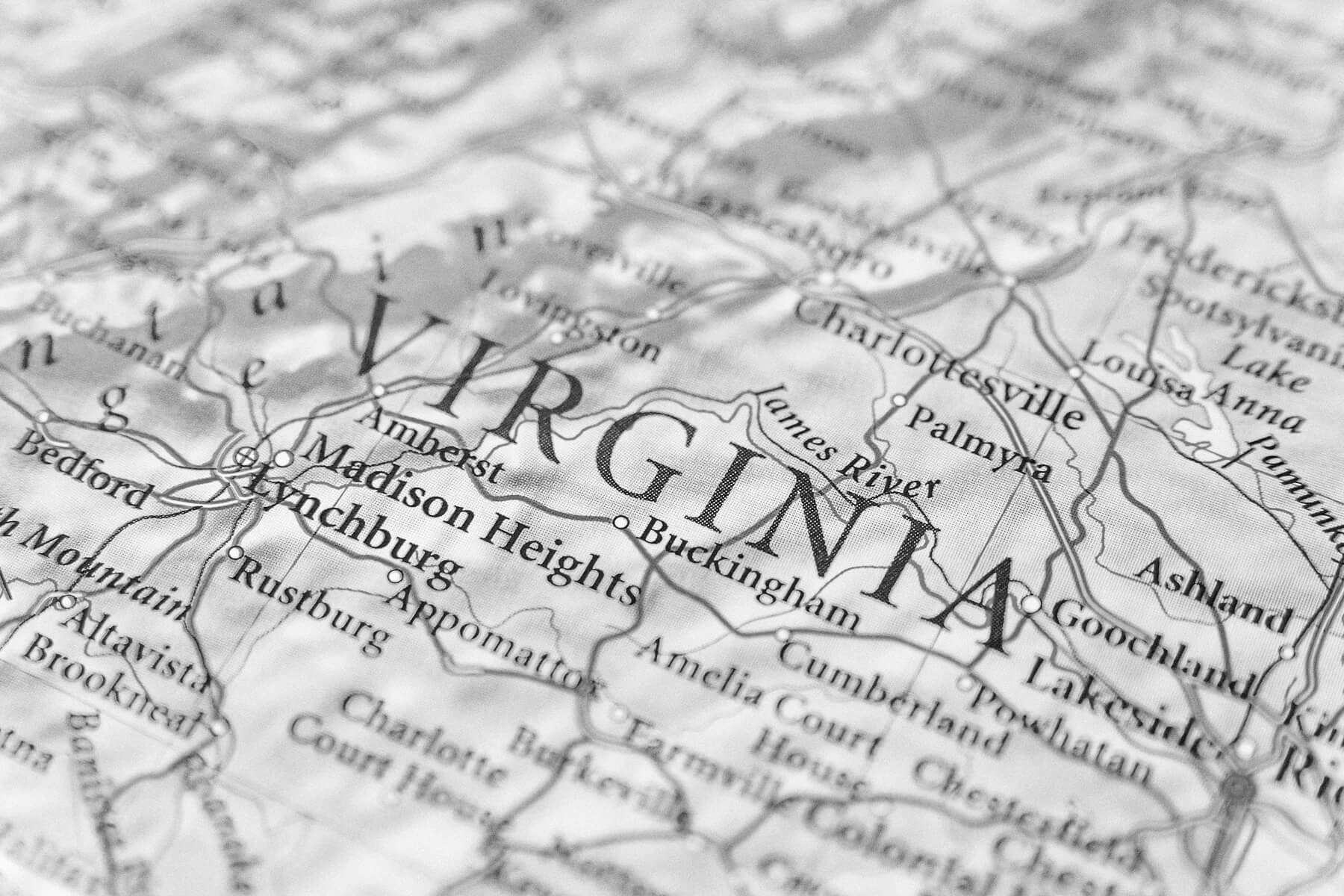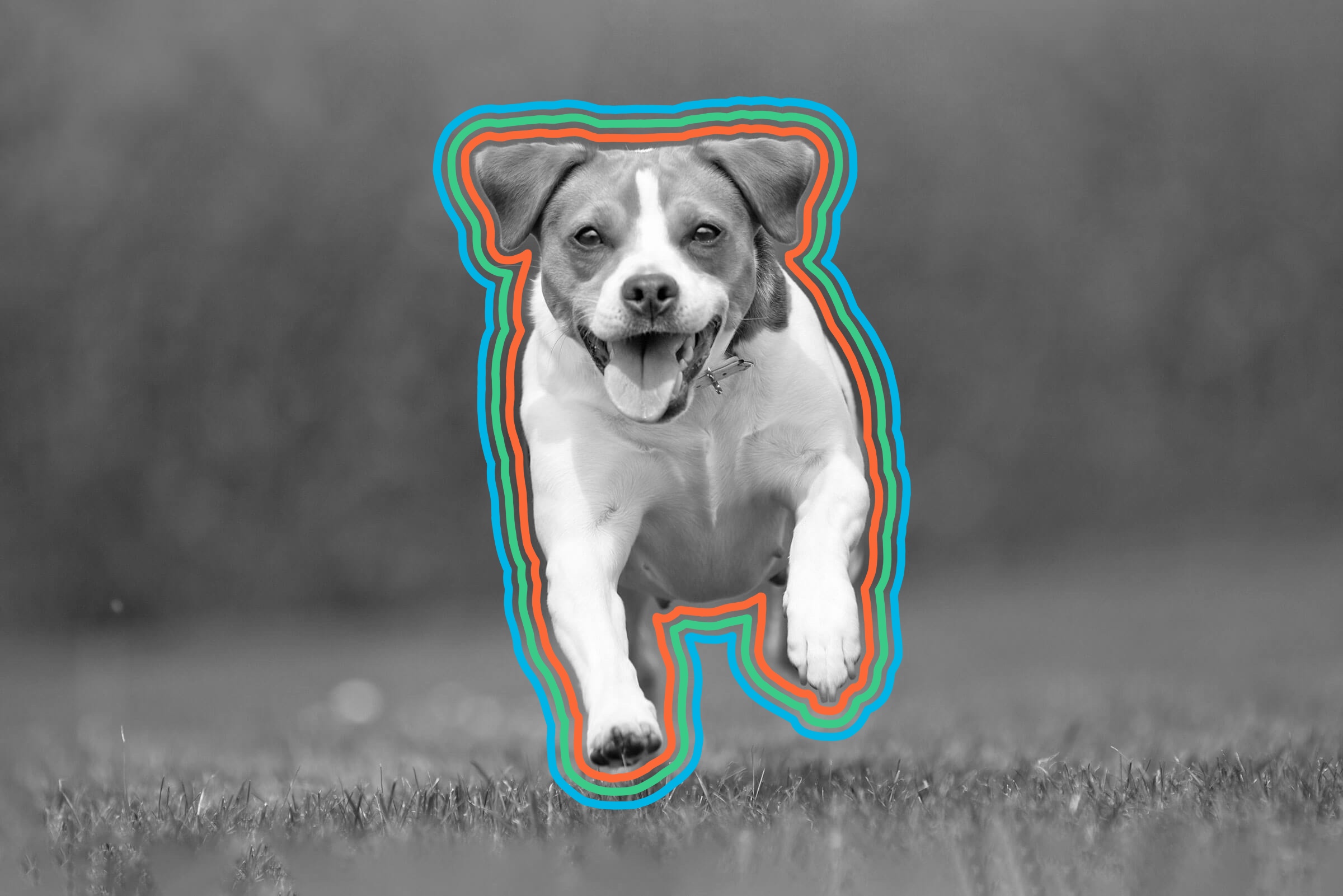
Welcome to Boonville, California, a tiny hamlet in Northern California’s Mendocino County. Settled in the mid-1800s, the remote town is sandwiched between two mountain ranges, with an estimated population of just over 1,000. While isolated, this town has a unique claim to fame: Residents developed their own English dialect, Boontling.
The name “Boontling” derives from a combination of “Boonter,” an adjectival demonym (a word used to describe people from a certain place) for the town, and “lingo.” There are fewer than 100 speakers of Boontling today, but when it developed more than a century ago, reportedly among women and children working in the fields, it thrived among the locals. In fact, it turned into a town pastime to coin a new word in Boontling and see if other Boonters could figure out the meaning.
Though Boontling includes more than 1,000 words and phrases, its syntax and grammar are distinctly English, so it isn’t considered its own language. Instead, it’s more of a jargon, or a specialized dialect. It combines loanwords and eponyms (words that come from the names of actual people) from English, Spanish, Scottish Gaelic, and Pomoan (the language spoken by the Indigenous Northern California Pomo tribe). And perhaps unsurprisingly, a large portion of the words are of a racy variety. (One of the milder ones: A Boonter named Barney was known to greet everyone with a kiss, so a “kiss” is called a “barney.”)
Here are a few words to cover the Boontling basics — try to sprinkle a few of these into your conversations.
In Boontling, “almittey” is a noun. It refers to a belch, particularly a loud one, or a person who burps loudly or frequently. This eponym is in honor of a local woman who was reportedly known for her habitual belching.
A “beljeek” is a rabbit — specifically a black-tailed jackrabbit. This word is a combination of “Belgian” (as in Belgian hare) and “jackrabbit.”
This eponym is for a pay phone. While “buckey” is the Boontling word for “nickel,” the “Walter” part refers to Walter Levi, a local man who owned the first phone in the town. As such, “walter levi” is the Boontling term for “telephone.”
“Doolsey” refers to any kind of candy, sweet, or sugar. It’s borrowed from the Spanish dulce (“sugar”), which may have been indirectly borrowed from Pomoan before it made it to Boontling.
“Golden eagles” can be any kind of women’s clothing, but in particular undergarments. During the development of this jargon, Golden Eagle was a popular brand of flour. Locals frequently used the sacks to make clothing and underwear, and while other brand-name flour sacks also were used, apparently none of them had the same staying power.
A “hedge” is a haircut — as one would trim a hedge, so must one keep their hair tidy with regular haircuts. Many recognizably English words in Boontling operate in this pattern. Words with similar usages, but perhaps in different fields (as in haircutting and lawn care), are swapped.
Linguistic swapping is also common in other English dialects, such as Cockney rhyming slang. “Bread and honey” translates to “money,” for example.
To “kiloppety” means “to travel by horse-drawn vehicle, or on horseback.” It’s an onomatopoeia, meaning it comes from the sound of shod hooves clopping on the ground.
To “wess” is “to fib, or exaggerate the truth.” This eponym is styled after a local man named Wes who was known to stretch the truth.





















